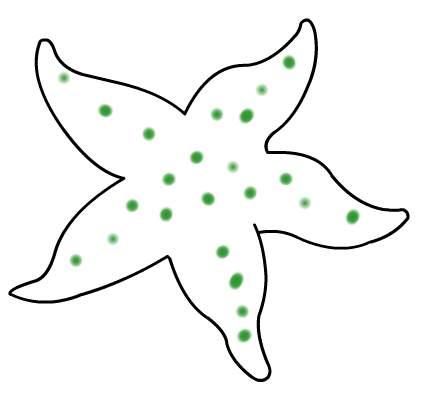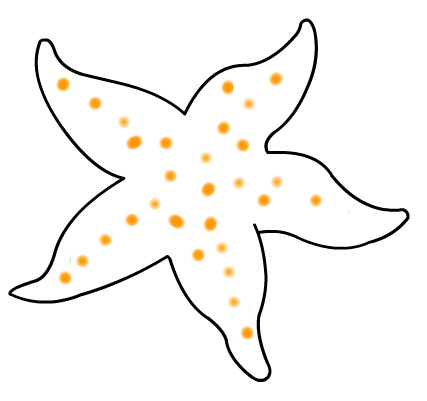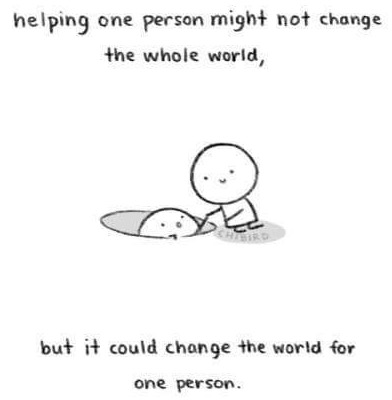| |
I have caught a glimpse of what man may be, along an endless wave-beaten coast at dawn. It began on the beaches of Costabel. I was an inhumanly stripped skeleton without voice, without hope, wandering alone upon the shores of the world. I was devoid of pity, because pity implies hope. In a dingy restaurant I had heard a woman say, "In Costabel, my father reads a goose bone for the weather." Perhaps that was why I had finally found myself in Costabel, why all men are destined at some time to arrive there as I did.
I concealed myself beneath a fisherman's cap and sunglasses, so that I looked like everyone else on the beaches of Costabel, which are littered with the debris of life. There, along the strip of wet sand that marks the tide, death walks hugely and in many forms. The sea casts them repeatedly back upon the shore. The tiny breathing pores of starfish are stuffed with sand. The rising sun shrivels their unprotected bodies. The endless war is soundless. Nothing screams but the gulls. In the night, torches bobbing like fireflies along the beach, are the sign of the professional shellers. Greedy madness sweeps over the competing collectors, hurrying along with bundles of gathered starfish that will be slowly cooked and dissolved in the outdoor kettles provided by the resort hotels for the cleaning of specimens. It was there that I met the star thrower.
As the sound of the sea became heavier and more menacing, I rounded a bluff into the full blast of the offshore wind. Long-limbed starfish were strewn everywhere, sprawling where the waves had tossed them as though showered down through the night sky. The sun behind me was pressing upward at the horizon's rim ~ an ominous red glare amidst the tumbling blackness of the clouds. Ahead of me, over the projecting point, a gigantic rainbow of incredible perfection had sprung shimmering into existence. Toward its foot I discerned a human figure standing, as it seemed to me, within the rainbow. He was gazing fixedly at something in the sand.
He stooped and flung an object beyond the breaking surf. I labored another half a mile toward him and by the time I reached him, kneeling again, the rainbow had receded ahead of us. In a pool of sand and silt a starfish had thrust its arms up stiffly and was holding its body away from the stifling mud. "It's still alive," I ventured. "Yes," he said, and with a quick, yet gentle movement, he picked up the star and spun it over my head and far out into the sea. "It may live if the offshore pull is strong enough," he said.
In a sudden embarrassment for words I said, ""Do you collect shells?" "Only ones like this," he said softly, gesturing amidst the wreckage of the shore, "and only for the living." He stooped again, and skipped another star neatly across the water. "The stars," he said, "throw well. One can help them." He looked full at me with a faint question kindling in his eyes. "No, I do not collect," I said uncomfortably, the wind beating at my garments. "Neither the living nor the dead. I gave it up a long time ago. Death is the only successful collector." I nodded and walked away, leaving him there with the great rainbow ranging up the sky behind him.
I turned as I neared a bend in the coast and saw him toss another star, skimming it skillfully far out over the ravening and tumultuous water. For a moment, in the changing light, the Sower appeared magnified, with the posture of a god. But, my cold world-shriveling view began its inevitable circling in my skull. He is just a man, I considered sharply, bringing my thought to rest. The star thrower is a man, and death is running more fleet than he, and along every seabeach in the world. |





